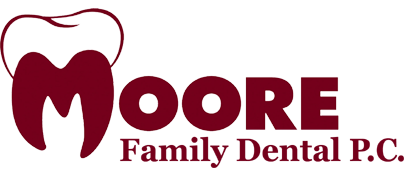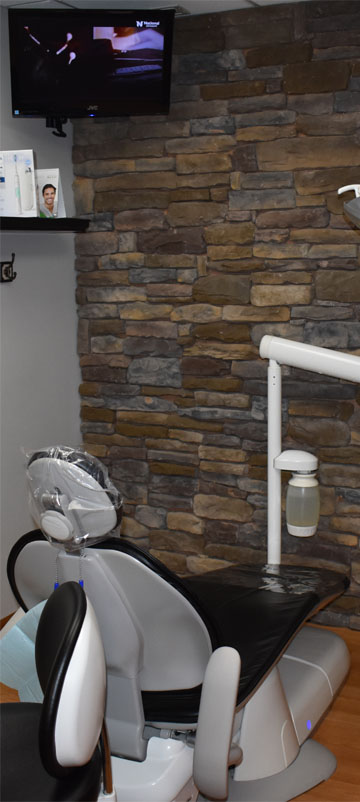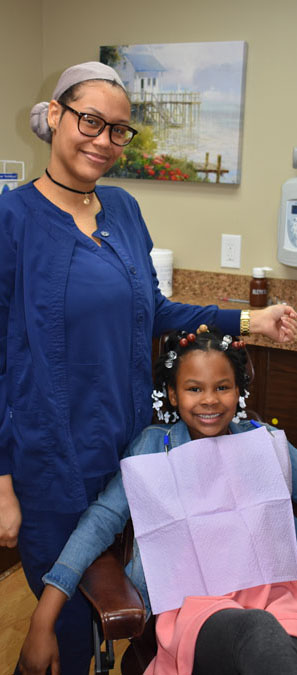 What you eat and drink directly impacts your oral health. While you don’t intentionally plan each day to put your teeth at risk, you do make decisions that influence your oral health.
What you eat and drink directly impacts your oral health. While you don’t intentionally plan each day to put your teeth at risk, you do make decisions that influence your oral health.
For example, fruit juice seems fine, right? It has fruit in it, after all. It’s important to remember the importance of moderation. A glass every so often is fine, but too much isn’t good for your teeth. If you crave something sweet, have fruit rather than just having juice, which may have added sugars.
Still thirsty? If you’re thinking of having a soft drink, take a look at the sugar content on the label. Treat soft drinks as a special treat and limit your consumption of them. Your teeth will be healthier as a result.
Everyone loves a treat now and then, but moderation is important there, too. Some days, it seems like there’s an endless supply of sweets. It starts in the morning when a colleague brings a coffee cake to work and continues in the afternoon with another coworker’s birthday celebration. After dinner at a restaurant, the dessert menu tempts you with delectable confections. If you indulged at every opportunity, the result would be a very sugar-filled day. Treat yourself once in a while but pass the rest of the time.
The problems are not limited to sweets, either. Would you be surprised to learn that starches can be problematic for your teeth? “…starches (for example, pretzels and potato chips) can cause tooth decay. How long carbohydrates remain on the teeth is the main culprit that leads to tooth decay.”
We talked about fruit instead of fruit juice, but let’s expand on that. Do you eat the recommended five servings of fruits and vegetables every day? If not, tomorrow would be a great time to start. Your teeth will thank you and you’ll have a more balanced diet. This is the best time of the year in Western New York for fresh fruits and vegetables. Best yet, many of these are grown by local farmers – so you’re supporting the local economy!
Do you drink water? If not, you should. It boosts your overall health, keeps you hydrated, and gives your teeth a mini-rinse with every sip. Make sure your water has fluoride in it; this is important to protect your teeth from decay. “Since community water fluoridation began in 1945, it has been demonstrated to be a safe and cost-effective way to prevent tooth decay. It has been identified by the Centers for Disease Control and Prevention as one of 10 great public health achievements of the 20th century.”
Even if everything you eat and drink is healthy, it’s still absolutely essential to brush and floss your teeth. We learn how to do both as children, but over time, we sometimes become less diligent about it. We skip flossing or brush quickly or carelessly. If you worry that you aren’t brushing or flossing properly, let us know. We’d be happy to give you a refresher course; it’s part of our commitment to helping you achieve and maintain optimal oral health.



